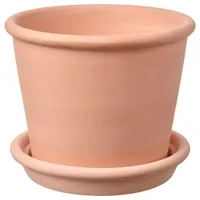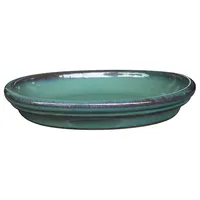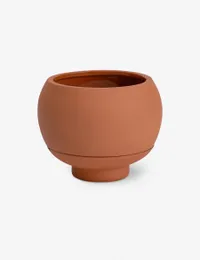Have you been watering your plants wrong all this time? This is the method to keep houseplants happy
Bottom watering allows plants to absorb water via capillary action, and it can have a host of benefits for your houseplants


The Livingetc newsletters are your inside source for what’s shaping interiors now - and what’s next. Discover trend forecasts, smart style ideas, and curated shopping inspiration that brings design to life. Subscribe today and stay ahead of the curve.
You are now subscribed
Your newsletter sign-up was successful
We all know that following a good watering regime is key to healthy houseplants, but have you been doing it wrong all this time? Watering doesn't necessarily mean sticking to strict schedules, rather, it should involve paying close attention to your plant's soil and only watering when needed. But, when the time comes, pouring water over the top might not best option (at least not all of the time)...
Bottom watering is a method of watering your potted plants from the bottom up so that they absorb water via capillary action, and experts say it might be the best way to feed them. When it's time to give your green-fronded friends a drink, some aren't fans of being watered from the top downward, especially if they're prone to water spots, discoloration, or they've become root-bound.
Now, we all know any method of watering is better than no watering at all, but bottom watering also has a host of benefits to help you have the best houseplants possible, from minimizing the risk of overwatering to keeping pests at bay. To find out more about these benefits and how bottom watering works, we spoke with some experts who know a thing or two about perfecting your plant care.

Lilith is an expert at following news and trends across the world of interior design. She regularly shares simple solutions to help brighten our homes and a personal favorite of hers is houseplants. For this piece she spoke with plant experts to learn all about the benefits of bottom watering your leafy friends.
What is bottom watering?
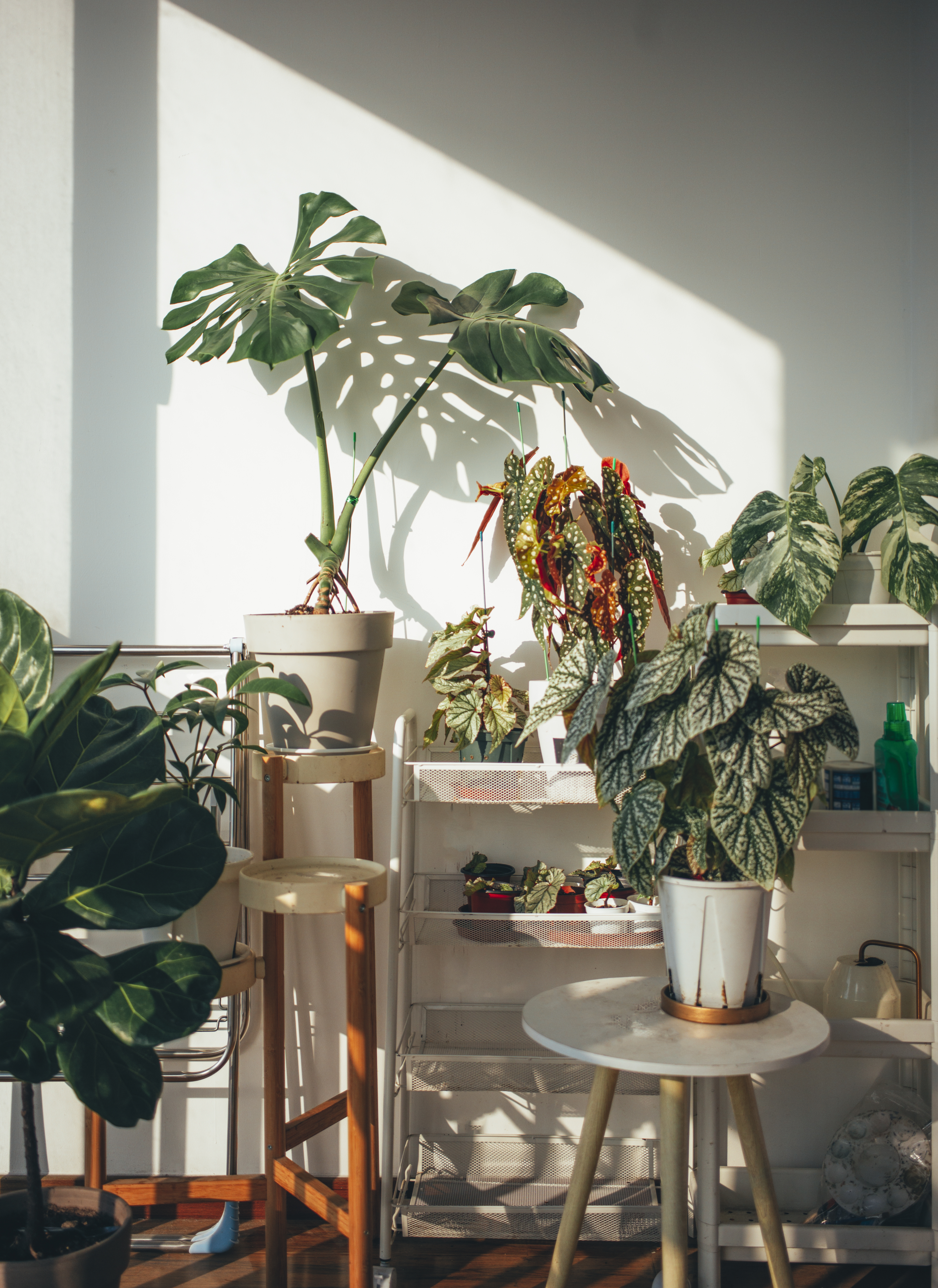
As the name suggests, bottom watering simply involves adding a small amount of water to a saucer or tray beneath your plant pot which is then absorbed by your plant's roots.
'This is best done by placing a plant in a drip tray or clogged sink filled with water and letting the plant sit in that water for about 10-15 minutes,' explains Paris Lalicita, plant expert at The Sill. 'Plants are able to drink up water by capillary action and will only drink what they need.' This makes it easier to keep your plants healthier in the long term because you won't have to guess how often to water your houseplants.
As Paris points out though, this is only possible for houseplants in planters with drainage holes. If your pot doesn't have holes in the bottom you'll need to top water your plant instead.
MUSKOTBLOMMA plant pot with saucer, IKEA
This simple terracotta pot from IKEA comes with it's own saucer, perfect for bottom watering. The drainage hole in the bottom will allow the roots to absorb as much moisture as needed so your green friends can stay happy. For a characterful display of houseplants, you can't go wrong with this timeless design, either.
What are the benefits of bottom watering?
1. It minimizes the risk of overwatering
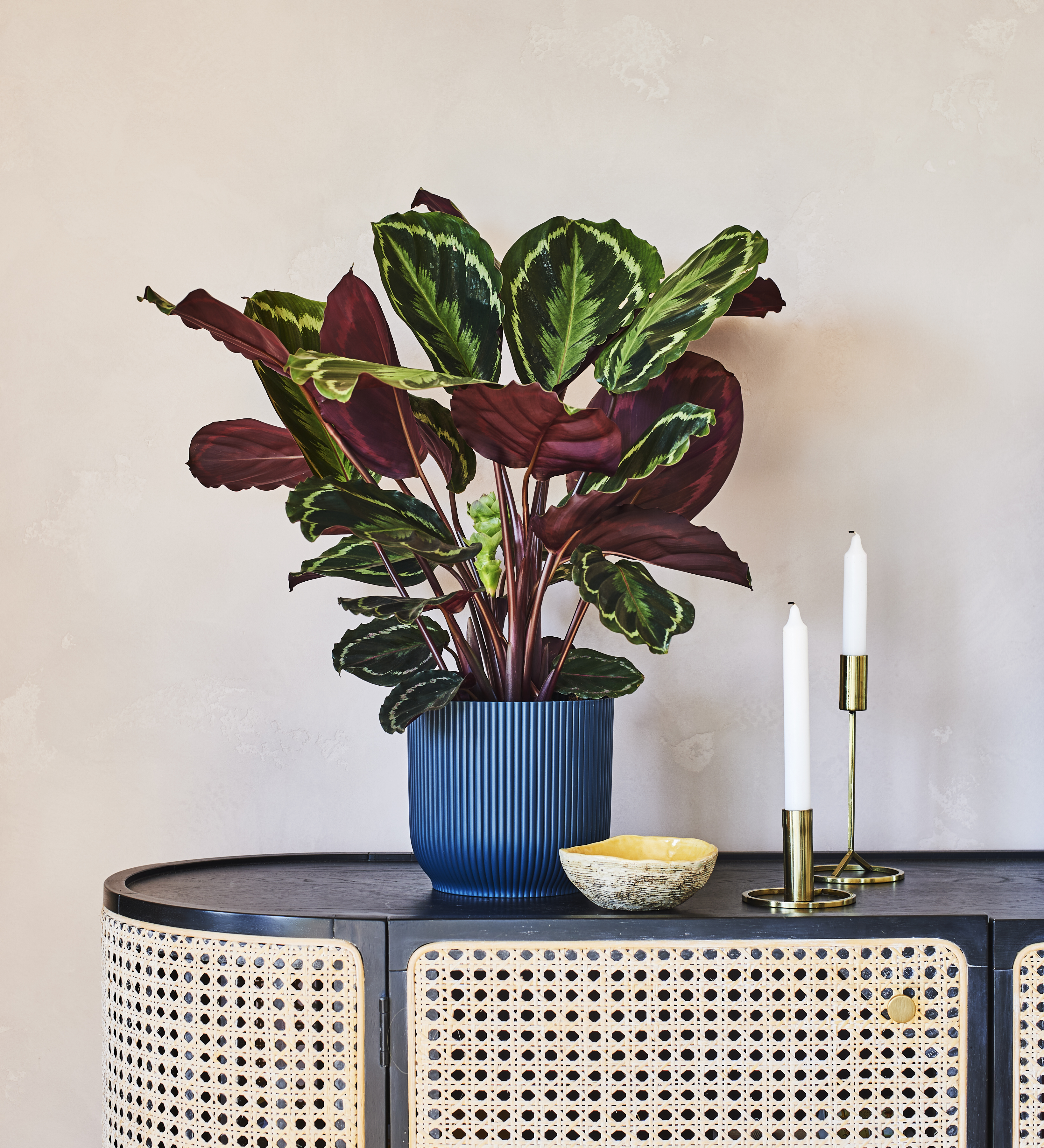
As touched upon, bottom watering minimizes the risk of overwatering your houseplants as your leafy friends will only drink as much or as little as they need. Many of us are guilty of showing our houseplants too much love, diligently watering them to the point that their roots become waterlogged and their leaves start turning yellow (spider plants are a common victim of this). If this sounds familiar, give bottom watering a try instead.
The Livingetc newsletters are your inside source for what’s shaping interiors now - and what’s next. Discover trend forecasts, smart style ideas, and curated shopping inspiration that brings design to life. Subscribe today and stay ahead of the curve.
'Beginner plant parents like to use this method because it helps to take out the guesswork of when to water as the plants will only drink up the water they need by capillary action,' explains Paris. 'It's basically impossible to overwater a plant by bottom watering as the plant's soil will only drink up what it needs by capillary action. Therefore, if the soil is already moist and a plant parent tries to bottom water the water level in the drip tray/sink won't change since the soil is already saturated.'
2. It helps prevent pests
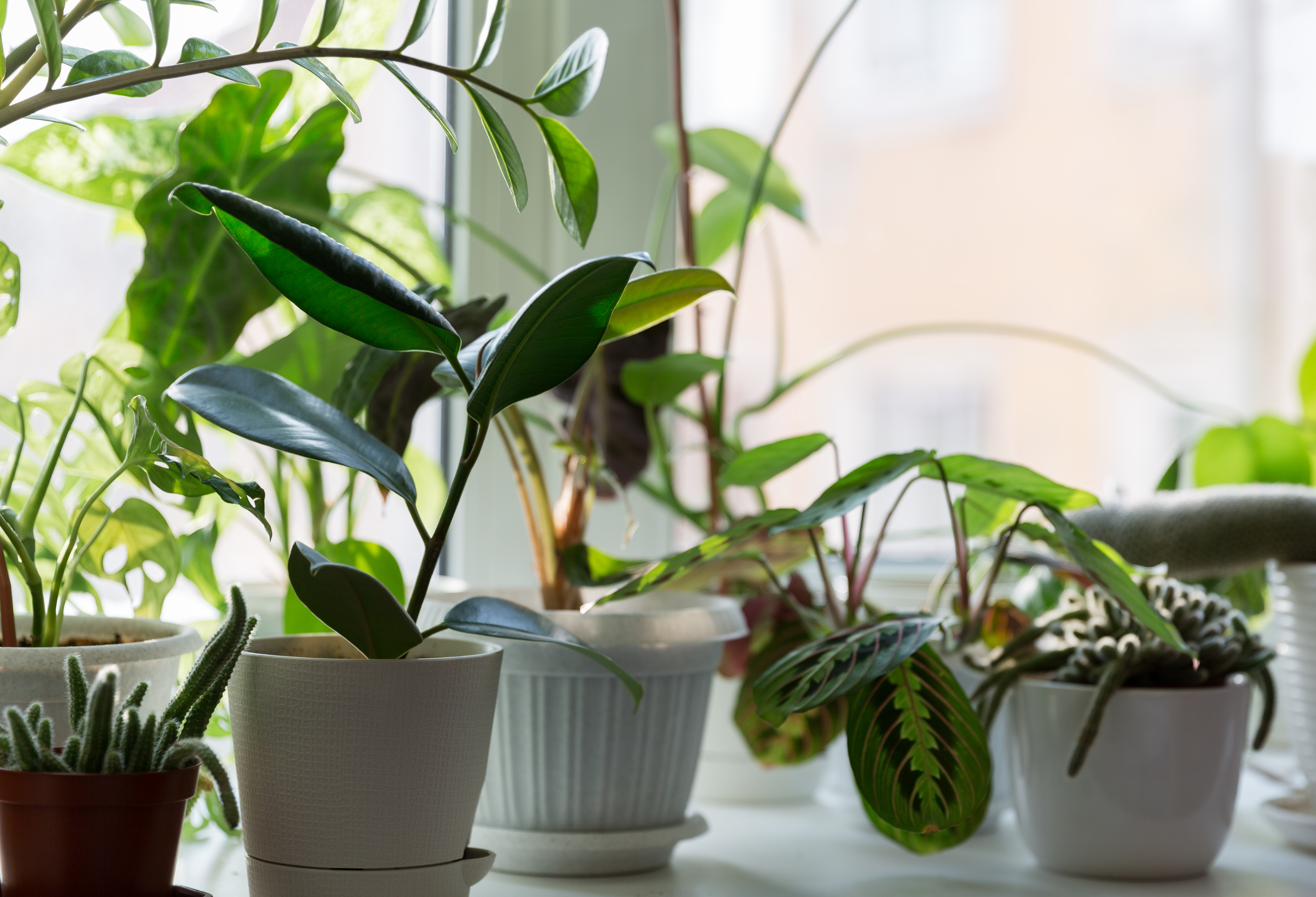
Pests such as spider mites and gnats can become a serious issue for certain species of plants, but bottom watering can prevent them from infesting your leafy decor.
'Bottom watering helps to prevent some pests like fungus gnats, that tend to live in the moist top layers of soil,' explains Mo Bhula, plant expert and owner of The Botanical Archive. 'While harmless, these gnats are incredibly annoying. Bottom watering keeps the top layer dryer which kills off any fungus gnat eggs and makes it difficult for them to reproduce.'
Teal ceramic plant saucer, Lowes
If your plant pot doesn't have its own saucer, there are plenty of individual options you can buy to suit your home. This teal ceramic saucer from Lowes by Allen & Roth is a stylish way to bottom water your leafy babies and keep your plant collection tidy at the same time. The glazed effect will look pretty as a picture on your windowsill, too.
3. It's less messy

Not only does using a saucer or drip tray make it possible to bottom water your houseplants, but it also prevents soil from spilling out of drainage holes and water damage on your surface from top watering, too.
'Bottom watering is generally a less messy way of maintaining your plants because top watering usually requires you to let the water drain through the holes at the bottom of your pot,' Mo says. 'With bottom watering, you are letting the plant absorb as much water as it needs without having to drag your plant to and from your sink or bathtub for it to drain!'
From pretty glazed ceramic to classic terracotta, the saucers that sit below your planter can also make a beautiful addition to your space too. Whether your mix and match different designs or use uniform pots and trays, decorating with houseplants never looked better.
Which plants are safe to bottom water?
So, is it safe to bottom water all your plants? The short answer is, yes! Any plant can be bottom watered and it poses no detriment whatsoever, so there's no need to worry about avoiding it for certain species. That said, some plants might not benefit as well as others. 'Succulents and cacti have shallow root systems so you may find they aren’t getting enough water through this method,' says Mo.
There are however certain plants that will much prefer to be bottom watered. The roots of the African Violet for example need aeration, so keeping them moderately moist through bottom watering is key. Like many other soft-leafed plants, they're also prone to developing water spots from top-down watering.
Sutton Self-Watering Planter, Lulu & Georgia
If you don't trust yourself to water your own plants, let your planter do it for you. We love how this planter from Lulu & Georgia pairs functionality with style. The charming ceramic pot by Greenery has a self-watering design that keeps plants healthy from the roots up so you don't have to fret about under or over-watering your houseplants ever again.
Should you always bottom water your plants?
We know bottom watering is safe for pretty much any plant, but it's best you don't rely on the method all of the time. 'Occasionally you still want to water your plant from the top and let excess water drain out,' says Paris. 'This helps to remove excess mineral buildup in the soil usually caused by using hard tap water overtime.'
Mo recommends flushing your plants with a top water every two months or so to prevent the build-up of salt, calcium, and other minerals.

Lilith Hudson is a freelance writer and regular contributor to Livingetc. She holds an MA in Magazine Journalism from City, University of London, and has written for various titles including Homes & Gardens, House Beautiful, Advnture, the Saturday Times Magazine, Evening Standard, DJ Mag, Metro, and The Simple Things Magazine.
Prior to going freelance, Lilith was the News and Trends Editor at Livingetc. It was a role that helped her develop a keen eye for spotting all the latest micro-trends, interior hacks, and viral decor must-haves you need in your home. With a constant ear to the ground on the design scene, she's ahead of the curve when it comes to the latest color that's sweeping interiors or the hot new style to decorate our homes.
